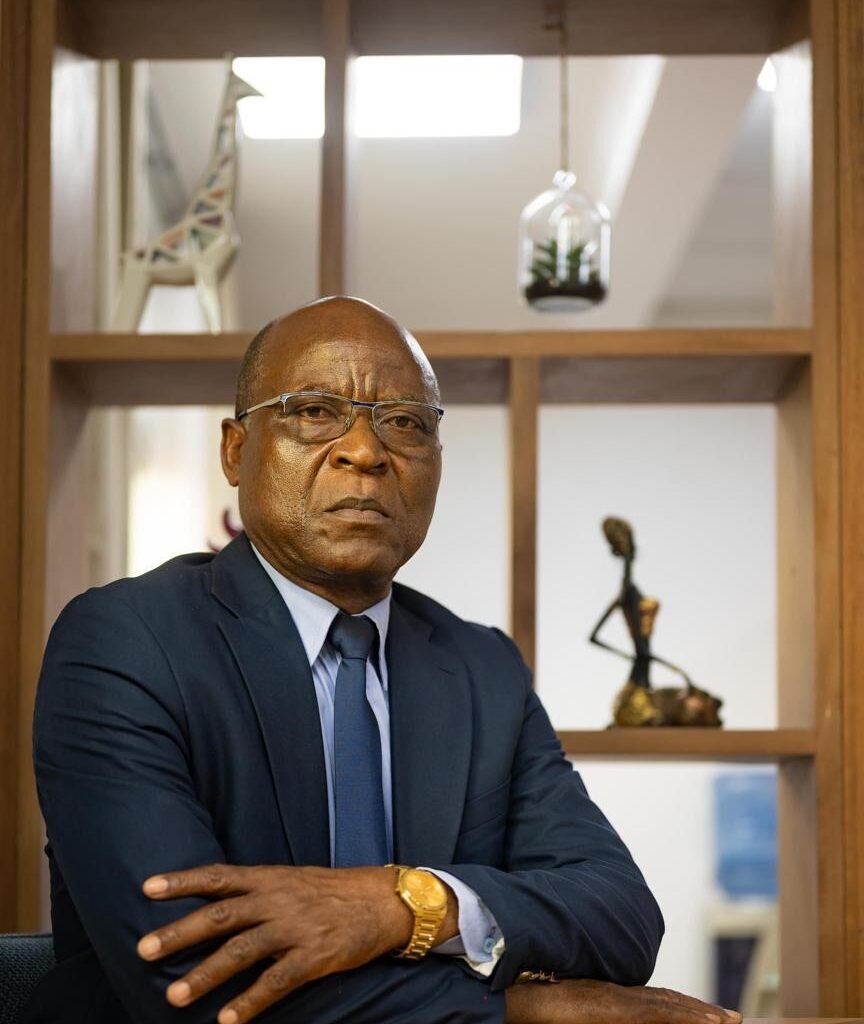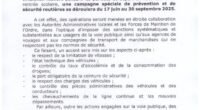The Ministry of Commerce in Cameroon, which is supposed to be the regulator and facilitator of economic activity, is increasingly under fire from criticism. Allegations of opaque practices, administrative delays, and a lack of concrete support for local businesses are tarnishing its image, prompting many economic operators to express their frustration and sense of abandonment. In light of this situation, the Republican Union proposes a reform that could rebuild the flourishing of these major stakeholders.
Many private sector players denounce a “troubling role” of the MINCOMMERCE. Rather than protecting and promoting the interests of Cameroonian businesses, the ministry is perceived as an obstacle, even a source of uncertainty. Cases of delayed licenses or authorizations, vague regulations, and informal pressures are frequently mentioned in business circles.
“We feel neglected, even ignored,” confides the manager of a local SME specializing in import-export, speaking under the cover of anonymity. He continues by stating: “MINCOMMERCE seems more concerned with control than with development. We need a partner, not a supervisor who puts obstacles in our way.”
Economic operators also emphasize a glaring lack of coordination. Decisions directly impacting the economic fabric are made without a genuine consultation of the concerned stakeholders, often leading to inappropriate or counterproductive measures. This absence of dialogue fuels a sense of distrust and hinders private initiatives, which are essential for the country’s economic growth.
The issue of unfair competition is also at the heart of concerns. There are voices rising to denounce the passivity of the MINCOMMERCE in the face of certain commercial practices deemed abusive, particularly by large importers or multinationals. Local operators feel insufficiently protected, which weakens their position in the market.
In the face of these grievances, the MINCOMMERCE often remains silent or limits itself to generic justifications about the necessity to regulate the market. However, impatience is growing within the private sector, which is calling for concrete actions: simplification of administrative procedures,greater transparency in decision-making, active support for local initiatives, and a firmer fight against unfair practices.
For the Republican Union, the economic development of Cameroon largely depends on the vitality of its private sector. Samuel Ekembe, president of the Republican Union party, has emphasized this during one of his recent statements. A MINCOMMERCE perceived as a hindrance rather than a driver risks undermining the country’s growth ambitions. It is imperative that the ministry reassess its approach and position itself as a true ally of economic operators; otherwise, the gap between the administration and the business world will only widen, to the detriment of the entire nation.
By M.S










